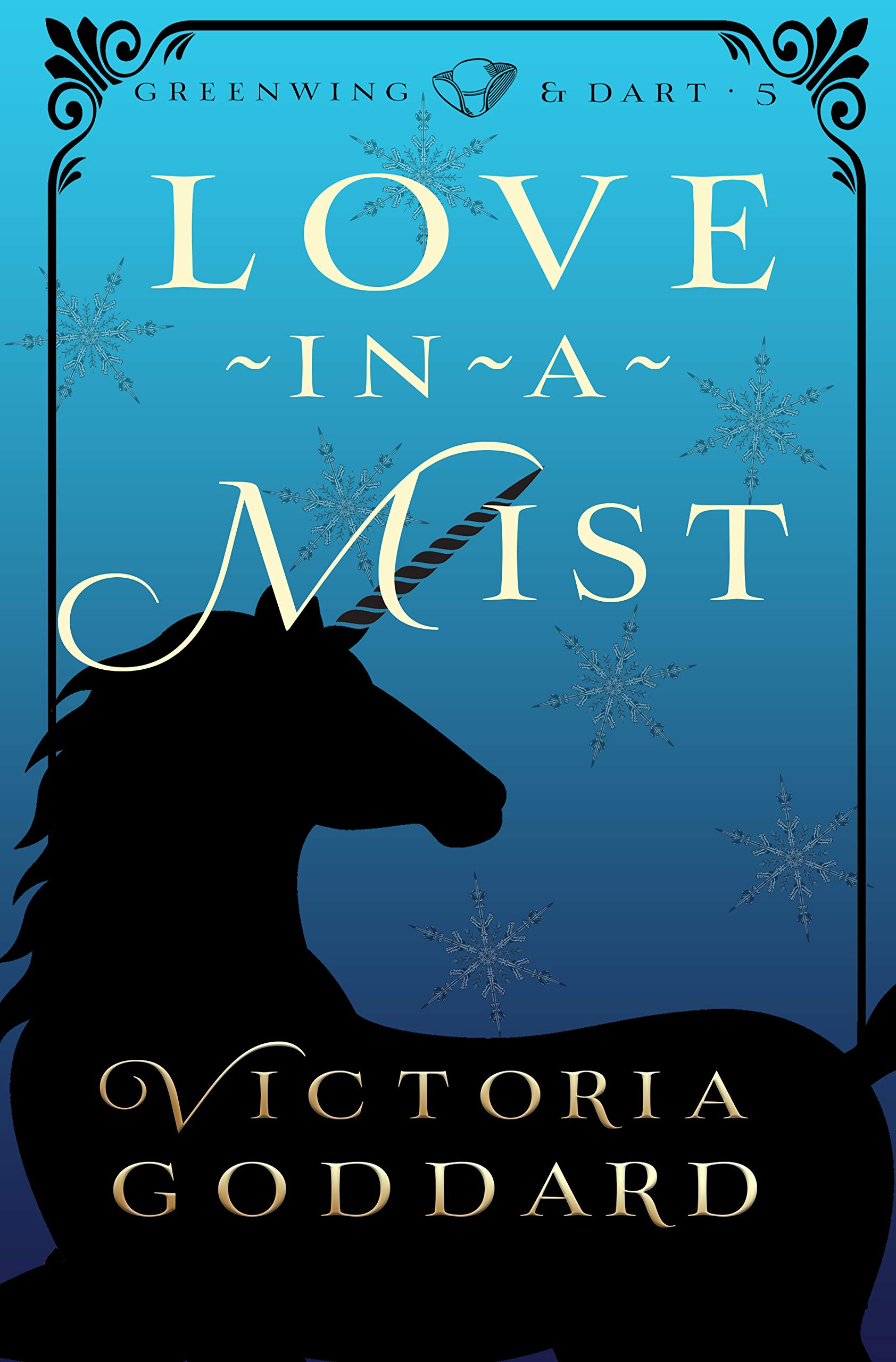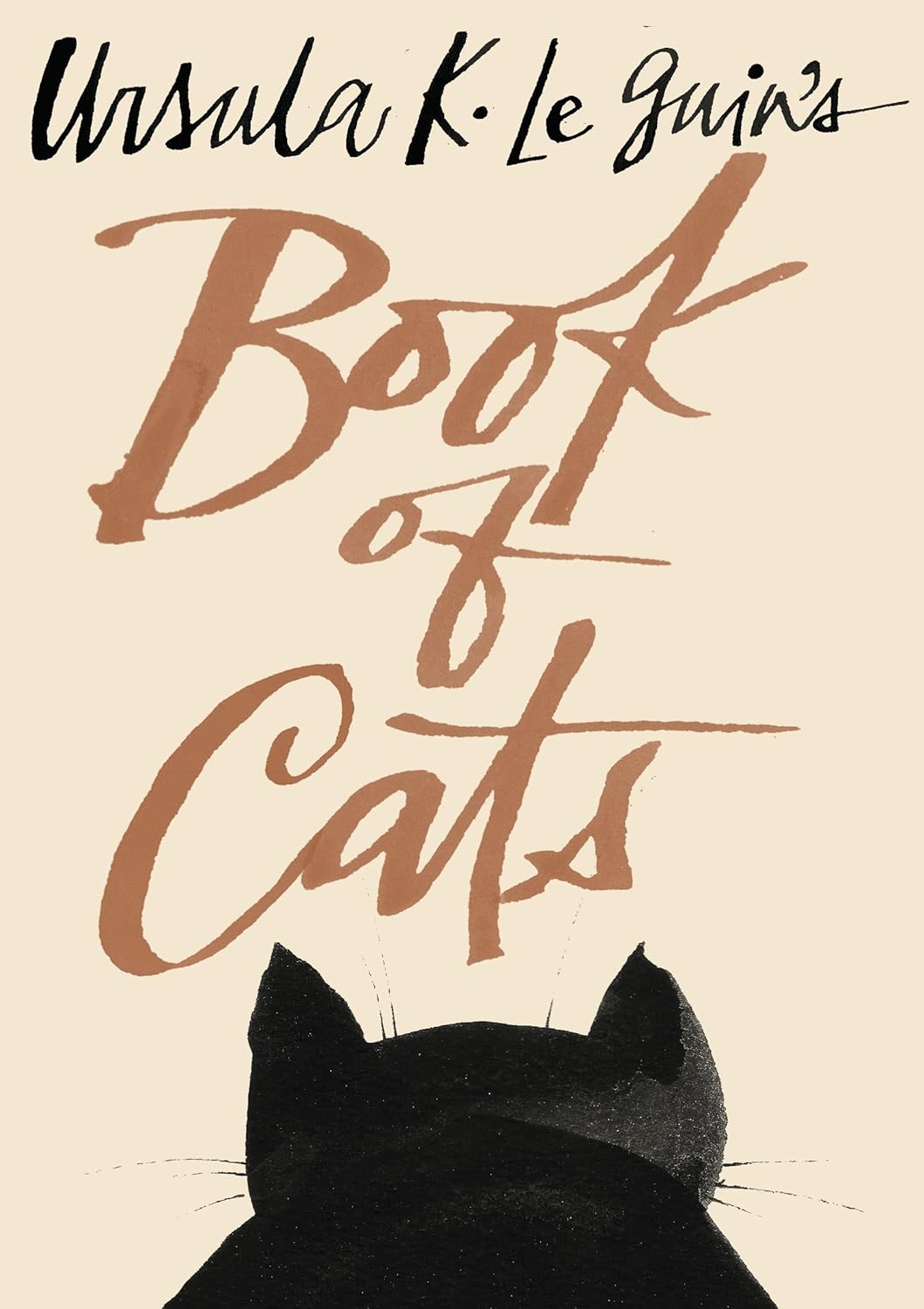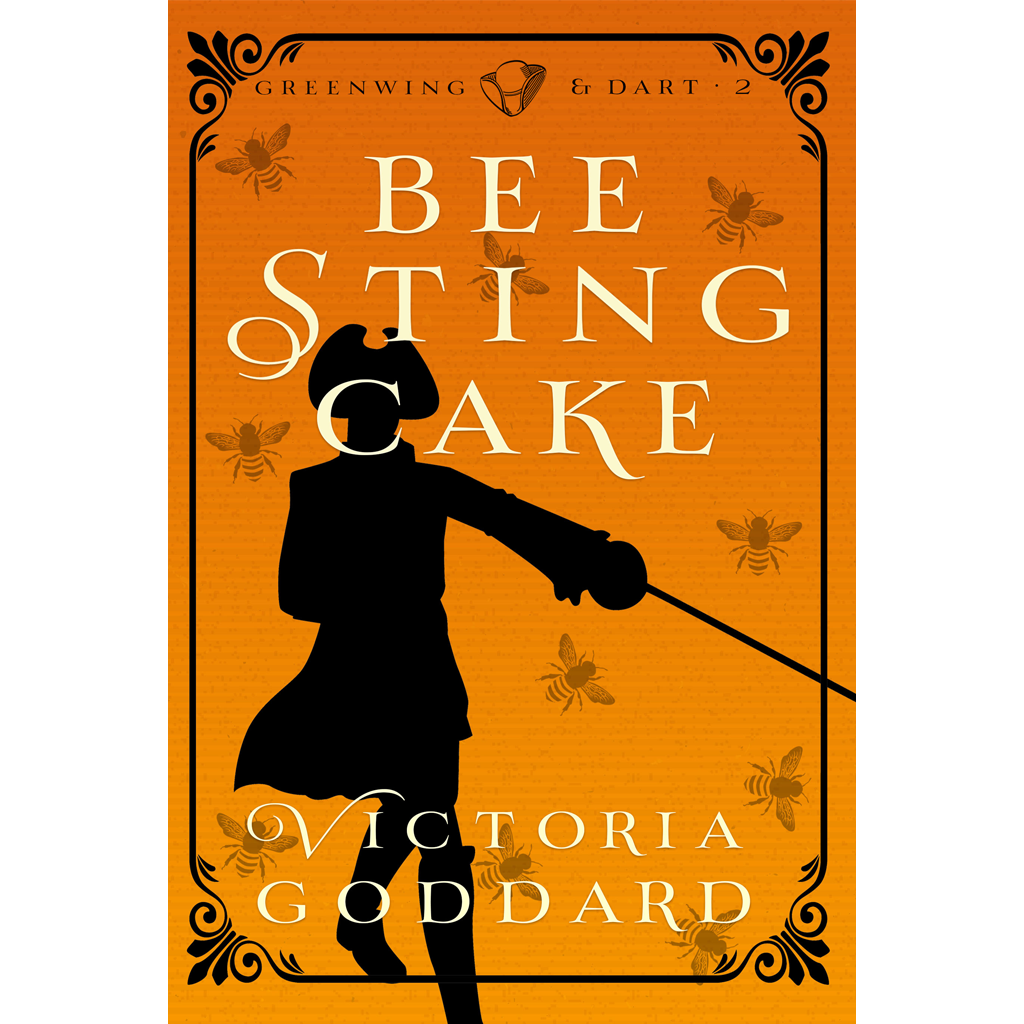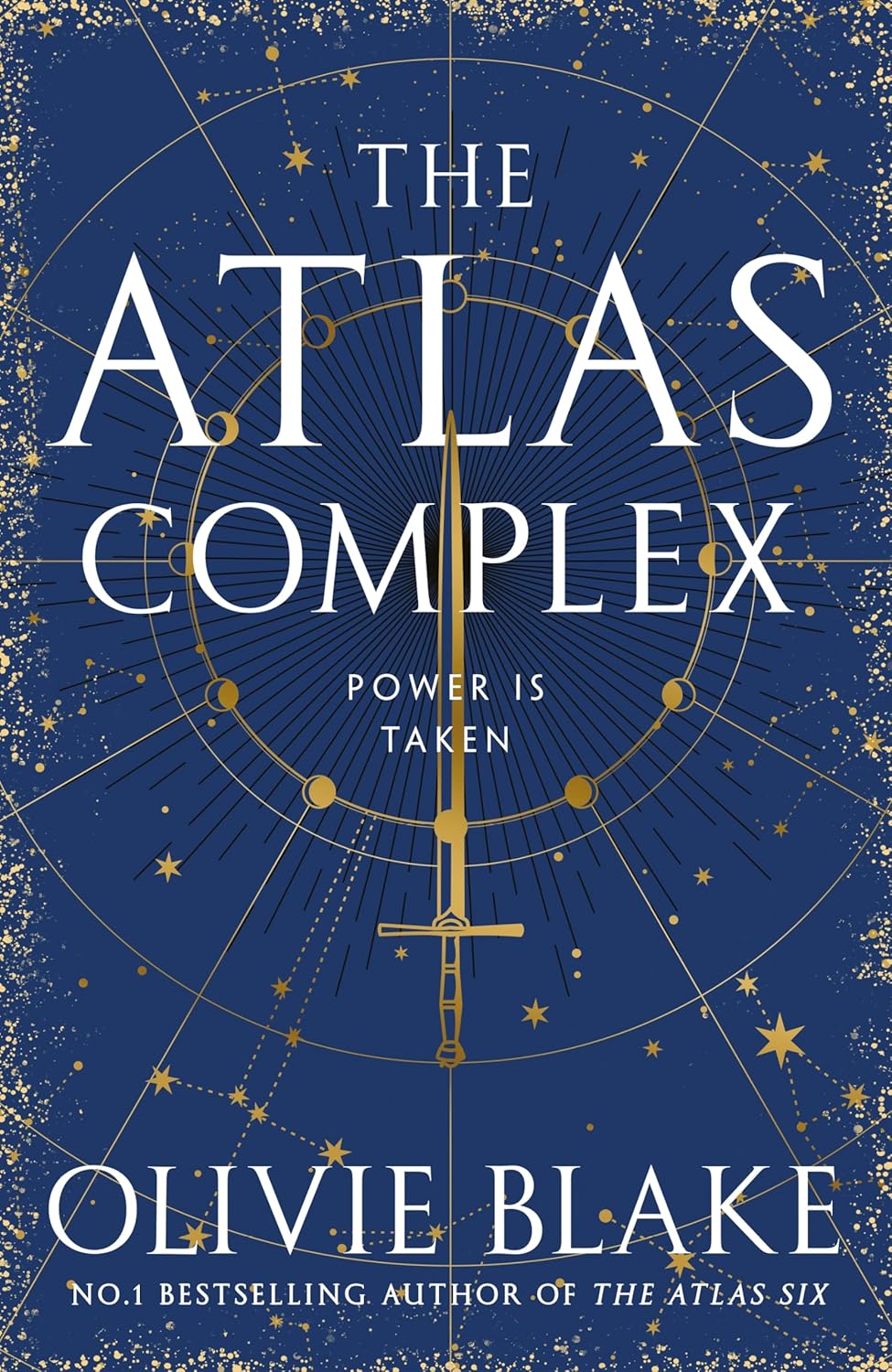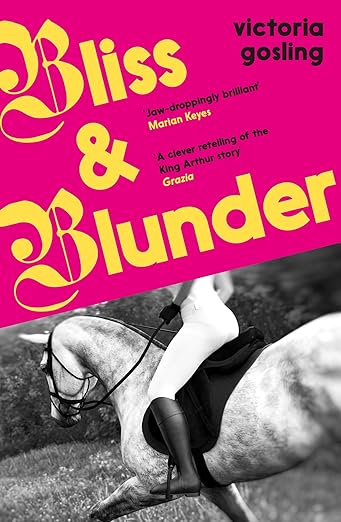They like to make sure I am observed. When no one is looking, that's when I forget to be ... acceptable. Normal. Part of this world. [loc. 1116]
This is the first-person account of Mawukana Respected na-Vdnaze ('Maw'), who's born into poverty and debt in an uber-capitalist civilisation known as the Shine. When the Slow -- a huge, ancient construct that is something like a god -- sends a message warning of a future supernova that will destroy all life within a radius 100 light years, the Shine suppresses the warning. People are afraid, and furious: there is civil unrest: Maw is imprisoned, sentenced to what's effectively slave labour, and then forced to become a Pilot.
Pilots are necessary to interface with machine navigation in order for spaceships to travel through 'arc-space', where the darkness seems alive and aware, where people are haunted by hallucinations and the sense of presence. ('Various words are ascribed to the 'otherness', the unknowable 'thing' waiting in the dark. Common ones are: uncanny, malign, sinister, slippery, clawing, cruel, malevolent, mischievous...' [loc. 1686]) Most Pilots go mad or die after a few trips. Maw dies, it seems, on his first trip: but it isn't permanent. The darkness has somehow got inside him.
But he is useful. Other worlds are taking the supernova warning seriously: organising the mass evacuation of hundreds of worlds; reacting to the certain deaths of the billions who can't be saved; racing to preserve cultural treasures. Maw, the Pilot who's lasted longer than any other, is at the heart of it all.
I read Maw as being on the autism spectrum even before his first death: he talks about 'always doing something a little bit wrong', about not really having emotions but picking up on the feelings of others, about not getting the hang of smalltalk. Whatever happens to him in the dark changes a great deal about him, but at heart he is still an imperfect person -- or an imperfect copy of one.
This book has a plethora of pronouns: he and him, she and her -- but also, in the Shine, hé and hím, shé and hér, for individuals who exemplify the current concept of 'man' or 'woman' (the Shine does not accept other gender identities); qe and qim for AI individuals; xe and xer, te and ter, and more. There's an amusing interlude about pronouns and about how different cultures assign them differently and for differing periods. "So... the important thing is your genitals?" blurts one character when this is explained.
There are, to be fair, a lot of infodumps, signposted as Interludes: this is a huge and cosmopolitan universe, with many civilisations and many inhabited planets. Most of the non-AI characters are more or less humanoid, but there are aquatic and avian sentient species too. There are also sentient, organic, plant-based spaceships, like the splendid Pride of Emni. The universe-building is a delight: each culture, each society, distinct and idiosyncratic. I was reminded, at times, of Iain M. Banks' Culture: at other times, of Ursula Le Guin's gift for depicting a society.
I loved Slow Gods, even through the misery and cruelty of the first few chapters. I like Maw as a character, though I can see why he needs constant supervision so as not to become 'dysregulated'. I like his quan (AI) companions, especially Rencki, and his gentle let's-not-call-it-love affair with a curator (whose gender is never specified, because irrelevant). I like that Maw gardens, and that he learns to accept himself. I love Claire North's writing: every new project of hers is a surprise, with a different flavour and a different focus. (See Ithaca and the rest of the 'Songs of Penelope' trilogy; The First Fifteen Lives of Harry August, Touch, The Sudden Appearance of Hope.) And I am quietly joyful that, amid the genocide and murder, the slavery and war, this is a novel about life as a miracle and love as its guiding principle.
I don't know how you're meant to be this small in a universe this big, this insignificant in a galaxy where every decision matters, where every life is precious. I don't know how to feel so huge and so loud inside, and so small and quiet before the dark. [loc. 4061]
Thanks to the publisher and Netgalley for the advance review copy, in exchange for this full honest review. UK Publication Date is 18th November 2025.






